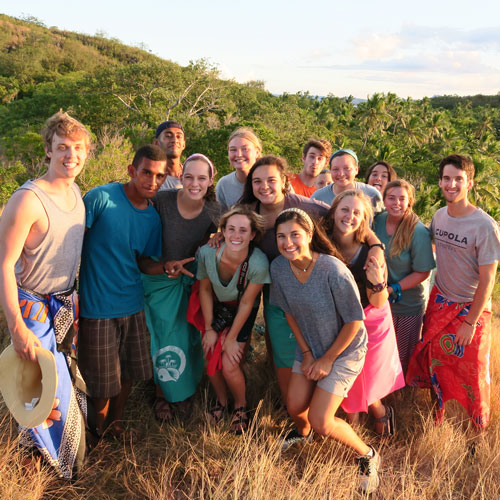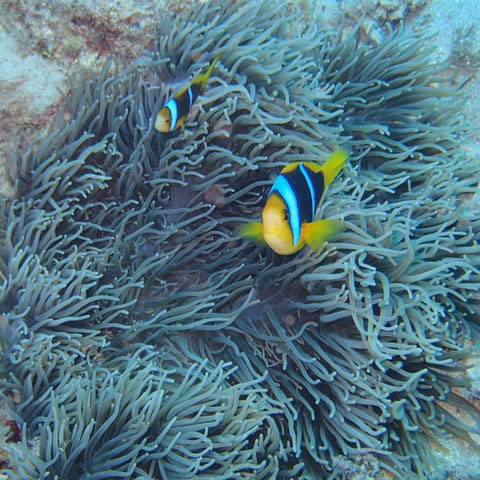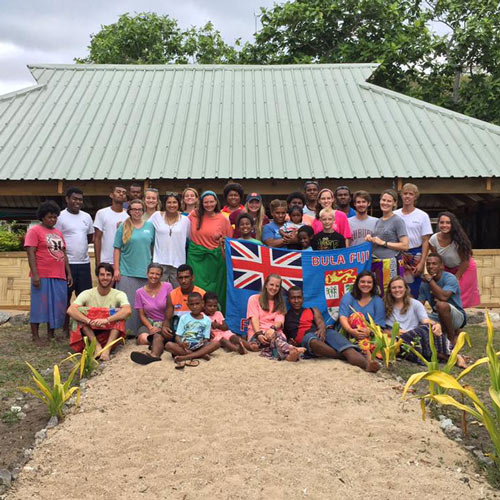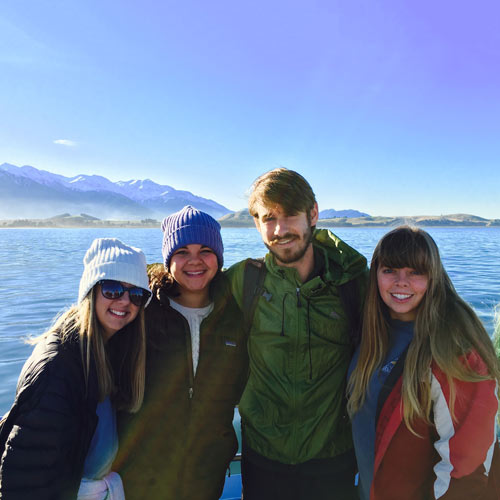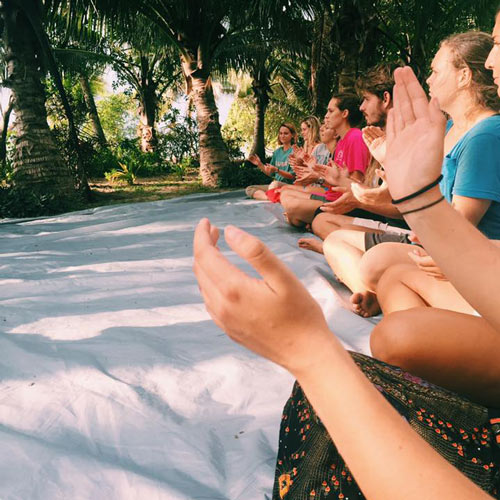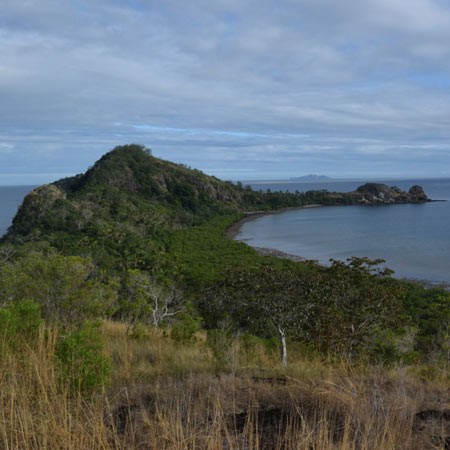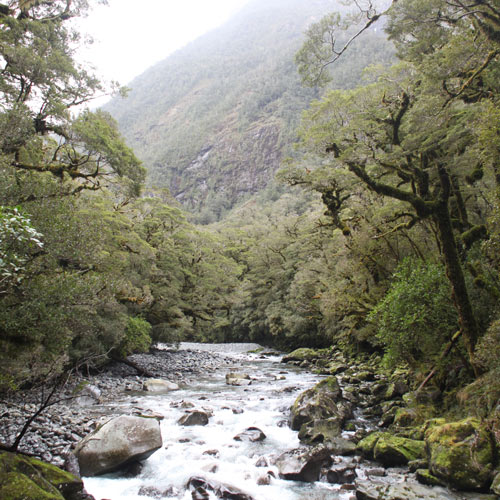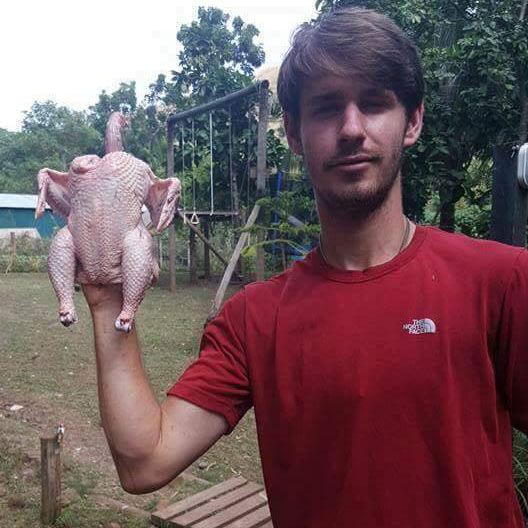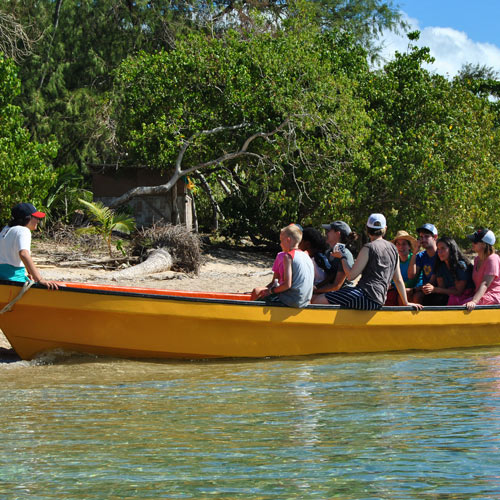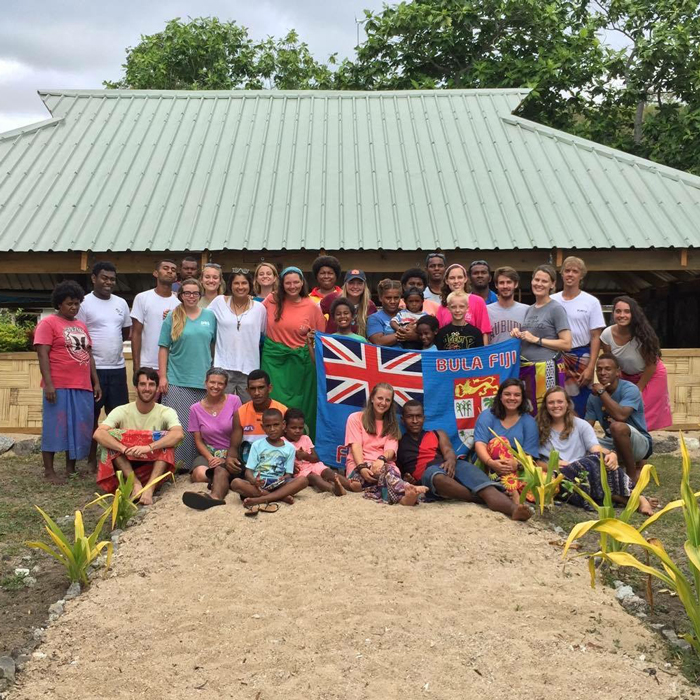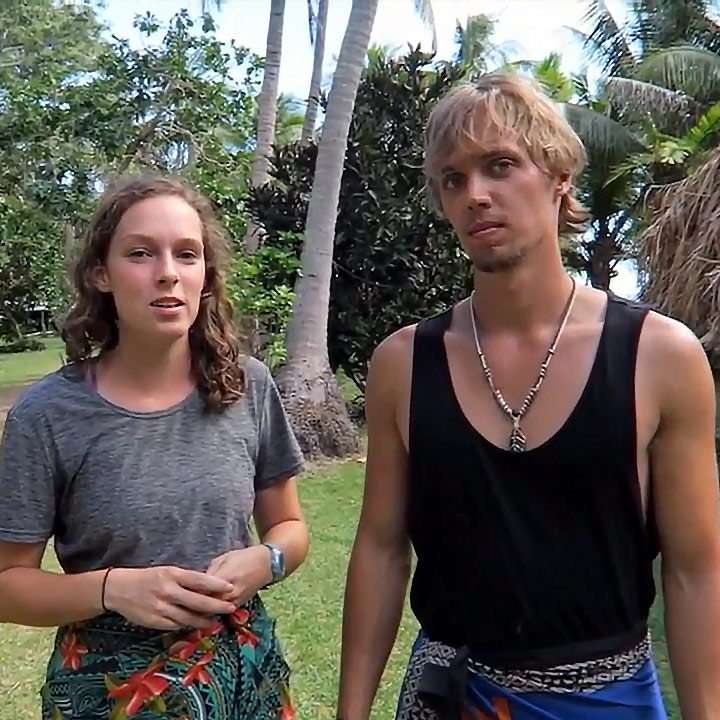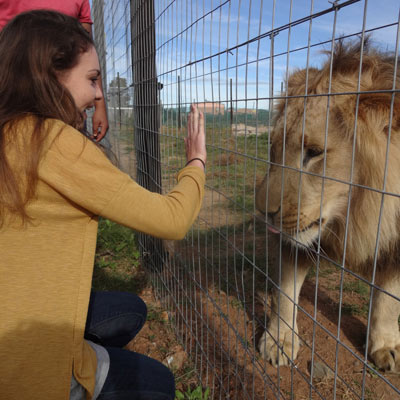H2O
By: Taylor Patterson and Meredith Hemmer
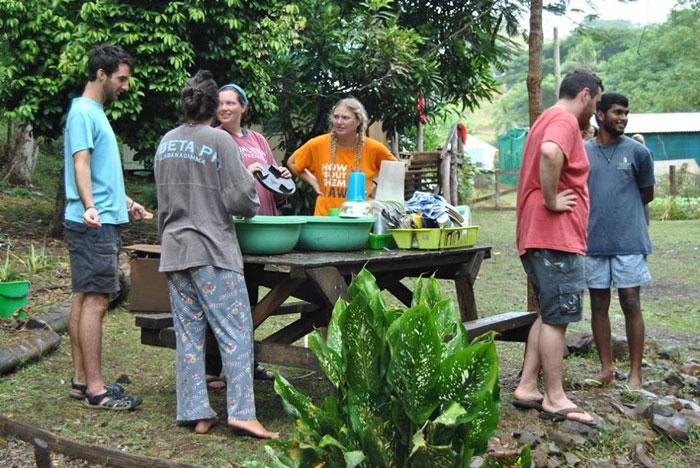 The purpose of this blog post is educating others about water in Fiji, mainly on the island of Vorovoro. This blog will mention that the water situation meant for Auburn students and educating other about what it means for the Fijians. The information gathered was originally for a community mapping project on the island and was gathered by asking local Fijians about water in their country.
The purpose of this blog post is educating others about water in Fiji, mainly on the island of Vorovoro. This blog will mention that the water situation meant for Auburn students and educating other about what it means for the Fijians. The information gathered was originally for a community mapping project on the island and was gathered by asking local Fijians about water in their country.
So you get thirsty? You go turn on the tap and fill your cup up, or maybe you just go grab a cold water bottle out of the refrigerator. You need to wash clothes? You throw your clothes in the washer and turn a knob. You need to take a shower? Grab the soap, turn the knob to hot water and turn it on. This is how most Americans live. Water is at the touch of a button or a twist of a knob. It’s easy to forget how much water we use versus how much we actually need. Water is essential, something that is needed to sustain life. We cannot survive without it. So why do we waste so much of it? How do we live more sustainability? On our study abroad trip to Fiji we truly lived and learned what it means to be sustainable, especially with water.
As we left for the trip, all of our friends and family worried about that there was no running water on the island. People asked about showering, drinking water, and about brushing our teeth. When we signed up for the trip, we were totally was terrified of this one small part of the trip. Why? Because it is completely out of the norm. How do you survive without taking a 15-minute hot shower every day? What is our hair going to look like if we don’t wash it every day? What about hot water? It wasn’t until later on the island we realized these questions were nothing to be concerned about. When we phoned to our friends and family back home, the first few questions we got were “How is the water situation?” or “When was the last time you took a shower?” Coming back after the trip is the same, the first few questions are always about water. However, not having running water, it wasn’t something we worried about on the island. Don’t get us wrong there were times when we knew that we absolutely needed to go take a quick shower. But then why shower, when the ocean is 15 steps away? We saved gallons of water by taking soap and cleaning off in the unlimited sea water. Even when we washed dishes, we took every opportunity to save the fresh water and use the seawater. We had two buckets of salt water to rinse and clean the dishes. The third bucket was fresh water that we used to rinse the salt off the clean plates. We had access to exactly the amount of water that was needed. We never had to do without. But we also kind of enjoyed it. (Wait, what did you say?) Yes, for four weeks we very rarely knew or cared what we looked like. It was something our entire group was in together; it probably made us a lot closer honestly.
So how did we get water?
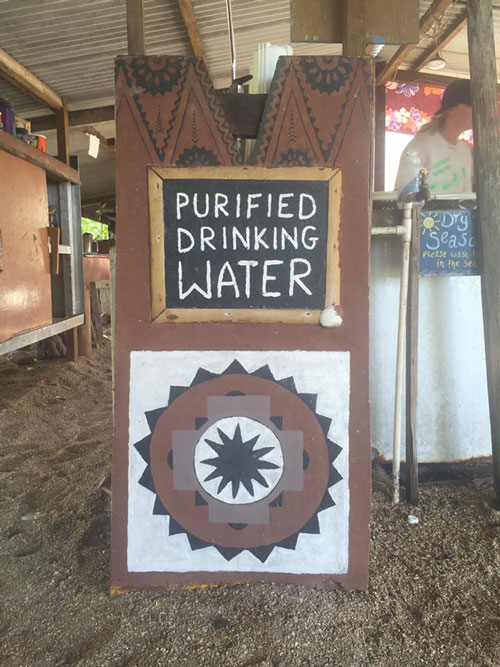 On Vorovoro there was a water tank. Attached to the water tank is a rainwater catchment system. This system looks similar to a tin roof you would see on a house but flat. The groves on the tin catch the water and it runs into pieces of PVC pipe, which leads into the water tank. The system works very efficiently (Summer 2015 Auburn students were able to build and repair the system). The tricky thing about Fiji is they do not get rain as consistently as we do here in Alabama. The rainy season in Fiji is November to April. So May to October is the dry season, and our trip was definitely during the dry season. It only rained a few times while we were in Fiji. These rain showers usually very brief and light. The water we were using came from the rain from the previous rainy season. While we were on Vorovoro it was imperative for us to keep in mind that the water in the tank was the only water they had to use until the next rainy season. The tank could hold about 10,000 liters of water and needed to last for about 4 to 5 months. It made us think a lot more about the water we used, how we used it, and how much we wasted.
On Vorovoro there was a water tank. Attached to the water tank is a rainwater catchment system. This system looks similar to a tin roof you would see on a house but flat. The groves on the tin catch the water and it runs into pieces of PVC pipe, which leads into the water tank. The system works very efficiently (Summer 2015 Auburn students were able to build and repair the system). The tricky thing about Fiji is they do not get rain as consistently as we do here in Alabama. The rainy season in Fiji is November to April. So May to October is the dry season, and our trip was definitely during the dry season. It only rained a few times while we were in Fiji. These rain showers usually very brief and light. The water we were using came from the rain from the previous rainy season. While we were on Vorovoro it was imperative for us to keep in mind that the water in the tank was the only water they had to use until the next rainy season. The tank could hold about 10,000 liters of water and needed to last for about 4 to 5 months. It made us think a lot more about the water we used, how we used it, and how much we wasted.
On the island, there is the village the Fijians live in all year, and our village that guests live in during the summer. In the Fijians village there are two tanks. This makes three water tanks total, all working the same way. Throughout the year, the Fijians will use the two in the village they live in, and if they need extra water or run out they come to the tank that is on our end of the island. What happens if the water on Vorovoro runs out? The Fijians that live on Vorovoro would move to the neighboring island, Mali, and the guests would have to leave. If Mali runs out of water, which has happened before, the government steps in and imports water. Some of the Fijians that live on Mali or Vorovoro can relocate to a friend or family members home on the mainland until fresh water is available for use on the island. The mainland has water that is regulated by the government.
Water Celebration
Because water is so valuable to the people and island, there is a water celebration every year. On December 31, the Fijians all attend a church service. After the service is over, at 12:01 am, January 1, the water celebration begins. The celebration lasts 3 weeks and celebrates the new year and rainy season. During the celebration you are allowed to splash, throw, or pour water on anyone (yes, even the chief if you dare). You might be attacked with a squirt gun as you are walking, or even get woken up from a bucket of water being poured on your head. Anything goes during the celebration! It is a great way to celebrate the New Year, bring the community together, and be reminded of just how important water is.
Water is an essential need. On this study abroad trip we were able to really learn how much water you actually need instead of what water people just use because it is there. We walked away from this trip gaining knowledge that will impact us forever.
